Artificial Intelligence (AI) has rapidly become a part of our daily lives, revolutionizing various industries and enhancing the way we interact with technology Understanding the fundamentals of AI is crucial as it shapes our future and influences how we live and work.
What is AI?
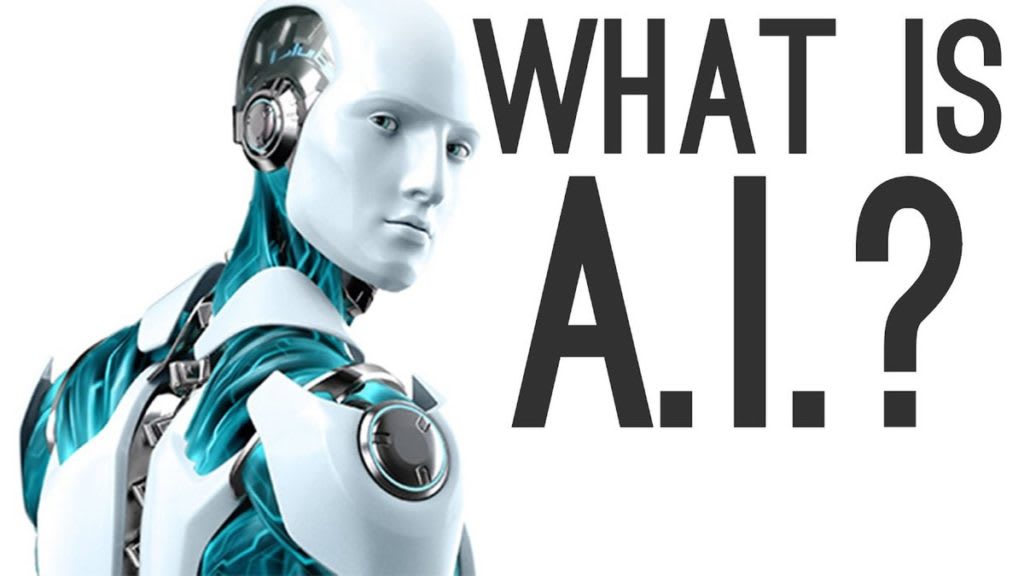
AI, which stands for Artificial Intelligence, involves creating computer systems capable of executing tasks that usually demand human intelligence. These tasks encompass learning, reasoning, problem-solving, perception, and language understanding. AI operates based on algorithms and data, which enable machines to simulate human-like behavior.
AI technology can mimic human intelligence, but it differs from human intelligence in that it is programmed and lacks consciousness, emotions, and creativity.
History and Evolution of AI
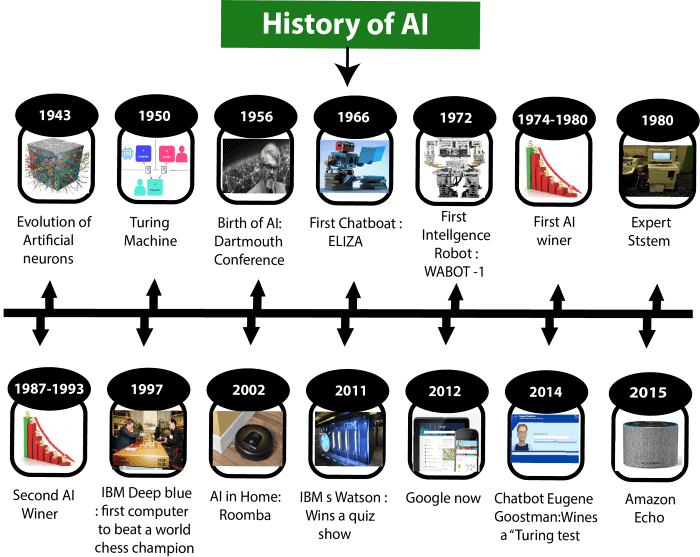
AI’s history can be traced back to ancient civilizations when myths and stories featured artificial beings with human-like qualities. However, the formal study of AI began in the mid-20th century. Significant milestones include the development of the first AI programs and the introduction of expert systems.
Types of AI Technology

There are different levels of AI, ranging from narrow AI, which performs specific tasks, to general AI, which can perform any intellectual task that a human can do. The ultimate goal is to achieve artificial superintelligence (ASI), where machines surpass human intelligence in all aspects.
How AI Works
AI operates through various techniques, with machine learning being a fundamental aspect. Machine learning algorithms enable AI systems to learn from data and enhance their performance progressively. Neural networks, inspired by the human brain’s structure, are widely used in machine learning.
Additionally, natural language processing (NLP) enables AI to understand and respond to human language, while robotics combines AI and mechanical engineering to create intelligent machines.
Applications of AI Technology
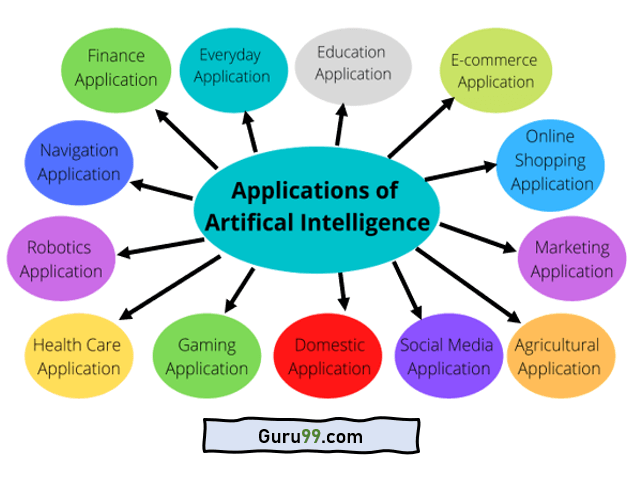
AI finds applications in numerous industries, including healthcare, finance, transportation, and education. In healthcare, AI assists in diagnostics, drug discovery, and personalized treatment plans. In finance, it optimizes trading strategies and risk assessment.
Transportation benefits from AI in self-driving cars and traffic optimization, and in education, AI supports personalized learning and smart tutoring systems.
Ethical Considerations in AI
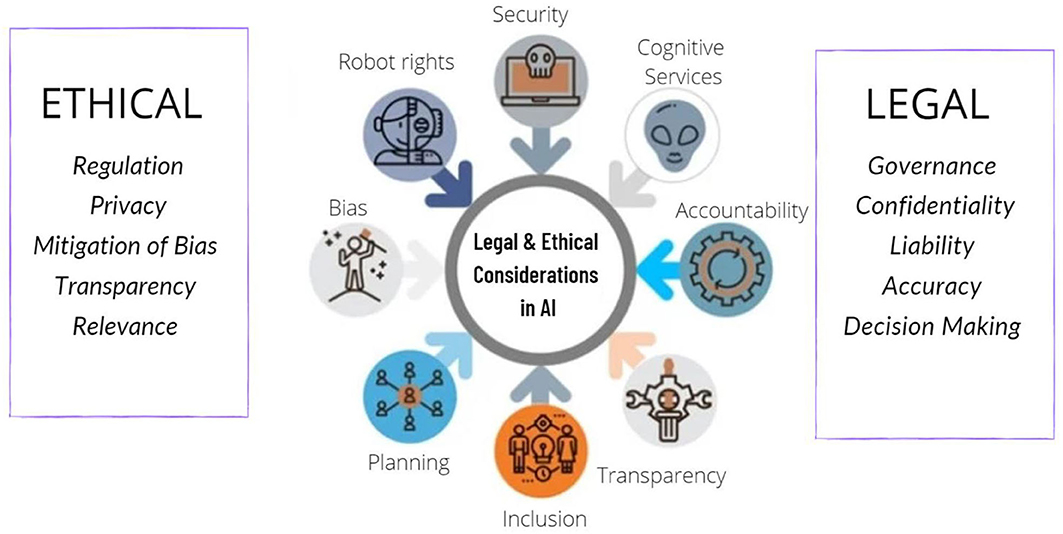
While AI offers immense potential, it also raises ethical concerns. AI algorithms may be biased, leading to unfair decisions. Privacy and security issues arise when AI systems handle sensitive data. Additionally, the automation of jobs may result in unemployment and socioeconomic challenges.
The Future of AI Technology
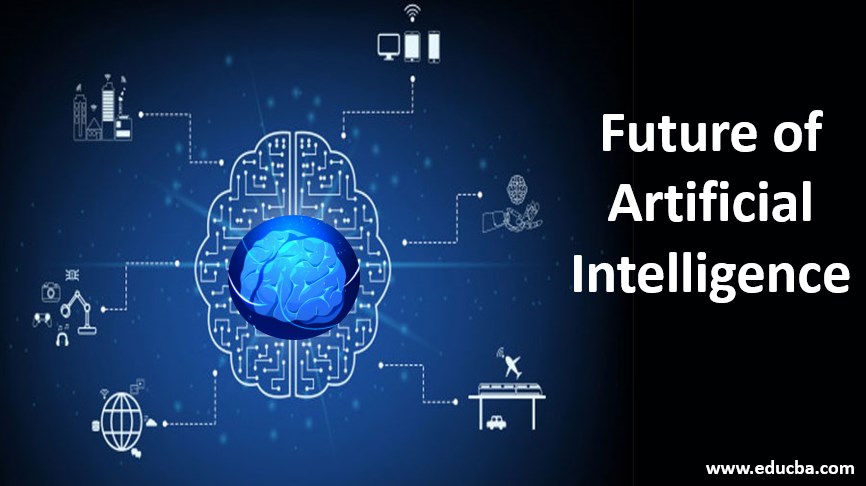
The future of AI is promising yet uncertain. While AI can bring positive changes to society, there are challenges to address. Regulations and ethical frameworks must be established to ensure responsible AI development and deployment.
AI is likely to become an integral part of our everyday lives, simplifying tasks, enhancing decision-making, and transforming industries.
Summary
AI technology has evolved significantly, and its impact on society cannot be ignored. Understanding the principles and applications of AI is essential for individuals and businesses to adapt to the changing landscape of technology.
As AI continues to advance, it is crucial to approach its development and implementation with ethical considerations to ensure a beneficial and inclusive future.
FAQs (Frequently Asked Questions)
1. Is AI technology only limited to robots and automation?
AI technology extends beyond robotics and automation. It encompasses various applications like virtual assistants, recommendation systems, and advanced analytics.
2. Can AI replace human jobs entirely?
While AI can automate certain tasks, it is unlikely to replace all human jobs. Instead, it is expected to transform job roles and create new opportunities.
3. How can AI be used to improve customer experiences?
AI can enhance customer experiences through chatbots, personalized recommendations, and predictive customer service.
4. Is AI development reserved only for large corporations?
No, AI development is becoming more accessible to smaller businesses and individuals, thanks to open-source platforms and cloud-based AI services.
5. What are the major challenges in AI implementation?
The main challenges include data privacy concerns, bias in algorithms, and the need for ongoing AI model updates and improvements.
